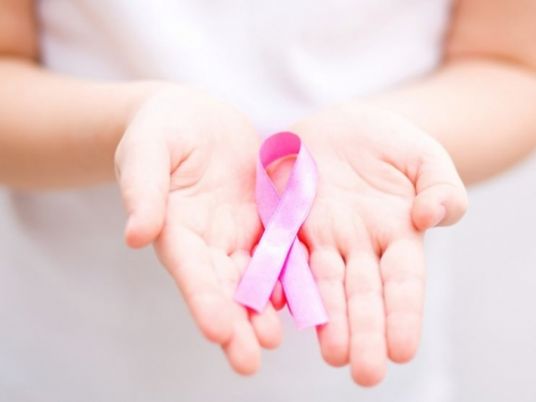
Researchers at the Harvard TH Chan School of Public Health in Boston have revealed that moderate consumption of alcohol doesn't prevent health problems, especially among women. The results were published in the British Medical Journal on Aug 18.
Alcohol remains one of the main risk factors for numerous cancers, especially those of the colon, liver, larynx and esophagus. However, until now, research had specifically targeted those with a high alcohol intake.
For this study, researchers from the Harvard TH Chan School of Public Health in Boston decided to follow a group of men and women who consumed alcohol in moderation (two glasses for men and three for women).
The authors of the study decided to quantify the risk of overall cancer across all levels of alcoholic consumption along women and men separately, with a focus on light to moderate drinking for non-smokers. Their goal was to assess the influence of drinking patterns on the overall risk of cancer.
The results, published in the British Medical Journal (BMJ), reveal a link between alcohol and cancer among men who have smoked at some point in their lives, but not for non-smokers.
However, the results showed that for women, even non-smoking women, the risk of cancers linked to alcohol consumption, mainly breast cancer, was greatly increased with just one glass per day.
Just put that drink down
The researchers nuance their results by specifying that people who abstain from alcohol, as well as heavy drinkers, are less likely to have had regular exams with their doctors than those who consume alcohol moderately.
This is an important point to take into consideration in the analysis of the results when looking at colon, prostate or breast cancers.
To reach their conclusions, the researchers studied data from 88,084 women and 47,881 men participating in the Nurses' Health Study (from 1980) and Health Professionals Follow-up Study (from 1986), all of whom were followed until 2010.
In the accompanying editorial, published alongside the article in the BMJ, Dr. Jürgen Rehm, Director of Social and Epidemiological Research at the Centre for Addiction and Mental Health in Toronto, states that "People with a family history of cancer, especially women with a family history of breast cancer, should consider reducing their alcohol intake to below recommended limits, or even abstaining altogether, given the now well established link between moderate drinking and alcohol related cancers."



